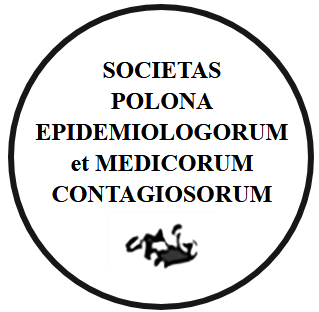ABSTRACT
BACKGROUND. Chronic kidney disease (CKD) is a progressive and irreversible disease that leads to end-stage renal disease. Many factors such as increased oxidative stress play a role in the occurrence of this complication.
Due to the effective role of the antioxidant defense system in controlling many of the complications in which oxidative stress is involved, the present study was conducted to evaluate the role of antioxidants in the prevention and treatment of chronic kidney disease.
METHODS. In this review study, studies using standard keywords in internal and external databases including: SID, Magiran, IranDoc, Medlib, Science Direct, PubMed, Scopus, Embase, Web of Science, Medline and Google Scholar search engine, were retrieved and selected without time limit.
RESULTS. Among the selected articles, 14 articles were eligible for inclusion in the study, which was performed on more than 20,000 people and several animal models of rats from 2005 onwards. The results showed that there is an inverse relationship between the concentration of antioxidant enzymes in the body and the intensity and progression of CKD. In severe cases, a significant decrease in the concentration of antioxidant enzymes in the body, as well as cofactors such as selenium, iron and zinc in the progressive and severe course of CKD has been observed.
CONCLUSIONS. The positive and significant effect of antioxidant compounds in chronic kidney disease is evident. The use of these compounds in the diet in the form of fruits, vegetables and grains, as well as the supply of iron and zinc and other minerals elements as cofactors for the action of enzymatic antioxidants has an effective role in the prevention and treatment of diseases by controlling free radicals.
You can change cookies settings in your browser. Restricted use of cookies in the browser configuration may affect some functionalities of the website.




